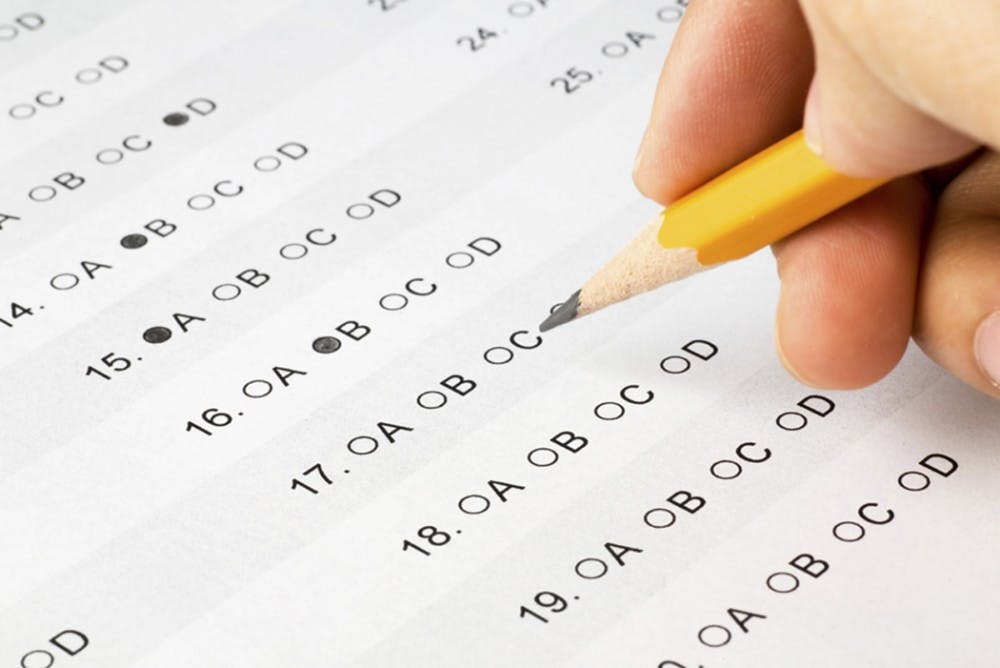
Alberto G. // CC BY 2.0
As we make efforts to make campus a healthier place, it’s important to focus on the core issues that make students stressed. Midterm season is upon us and inevitably, it is a tough time for many.
And no, I am not saying that we should get rid of midterms or exams. Evaluations such as these are sometimes the only ways to measure learning. But at the same time, focusing on increasing health resources is not the only way to make Penn healthy. It is only an aspect of it.
If something is making people stressed, I would try to look for alternative ways of doing them, especially if other institutions have taken those steps. Every midterm season, I come across a handful of students who are extremely stressed because they have three midterm exams in a day. Although I was fortunate to never have been in that predicament, I’ve seen many who have to struggle through this.
I have always wondered, how can you perform your best on examinations when you are taking three in one day? The answer is, you probably can’t. With some of these examinations being worth 30-40 percent of students' final grade, it makes sense that they feel overwhelmed. Then, when grades come out and one or more of them didn’t go as planned, students are left playing catch-up for the rest of the semester.
Although Penn has a policy regarding taking three finals in a calendar day, we do not have a policy regarding midterms. But many times, from my experience, midterms are worth very close to what finals are worth. Having a student take three midterms in a day does not give students a fair opportunity to truly assess their knowledge and perform to the best of their abilities. If a student has three midterms in a day, they should be allowed to postpone one to another day. A policy regarding midterms or even a recommendation for faculty is something that should strongly be considered.
I have been in several meetings regarding this with students and administrators, and the obstacle that often comes up is that the Registrar’s Office or the University does not regulate midterms. So yes, I do understand that logistically this might be an issue. However, aside from a systematic change, there are other alternatives that can be taken and precedents that can be set.
Columbia University has stated on their website that no student should be asked to take three exams in a day and if this is the case, then accommodations can be made.
Regarding final exams, many of Penn's peers have distinct policies from which we might be able to improve our own. Our current policies state that no student should take three exams in one calendar day, but a student could have two exams in one day and another the next morning. Cornell University’s exam policy states that student should not have to take three exams in a 24-hour period. Princeton University has a distinct policy regarding overcrowded examinations: Students with two in-class exams on the same day are allowed to submit a request to postpone one exam.
Creating a culture of wellness might seem daunting. After all, cultural change can take years to accomplish. But taking smaller steps can make that process a lot less insurmountable. Adopting exam policies similar to those of some of our peer institutions could happen overnight. These changes are not terribly difficult to implement, and would make students’ lives a bit less stressful without compromising Penn’s academic rigor.

JAY SHAH is a College senior from New Hyde Park, N.Y. in the Biological Basis of Behavior Program. He is the former Vice President of the Undergraduate Assembly. His email is shahjay@sas.upenn.edu.
The Daily Pennsylvanian is an independent, student-run newspaper. Please consider making a donation to support the coverage that shapes the University. Your generosity ensures a future of strong journalism at Penn.
Donate







